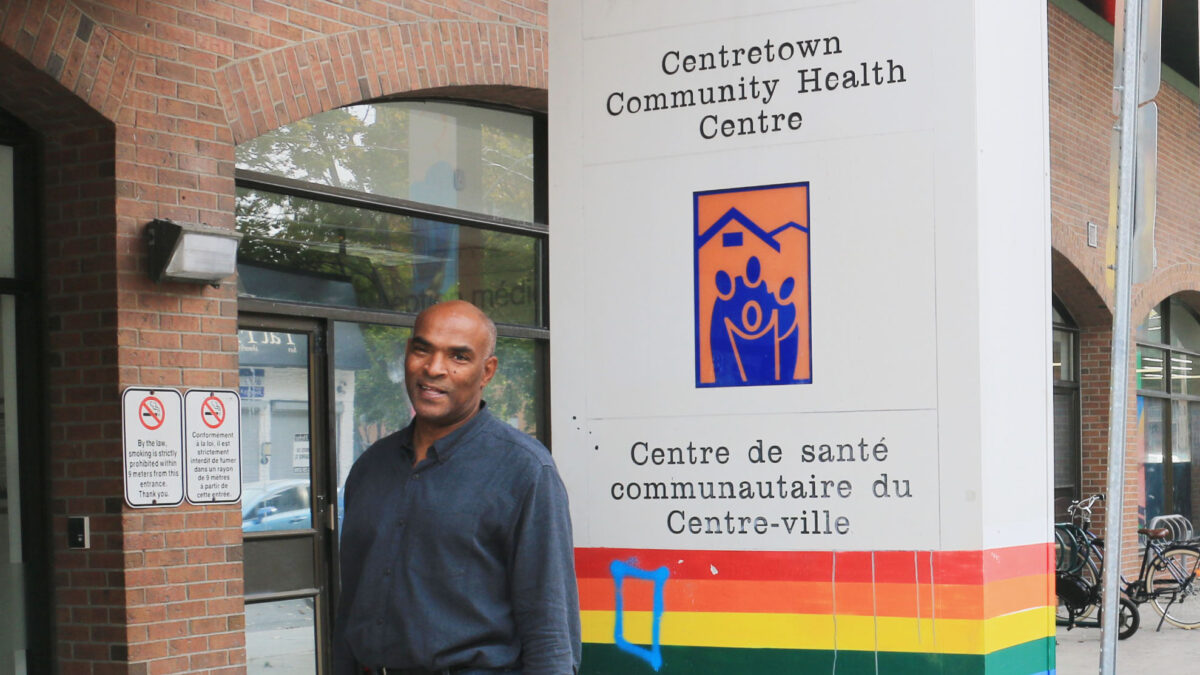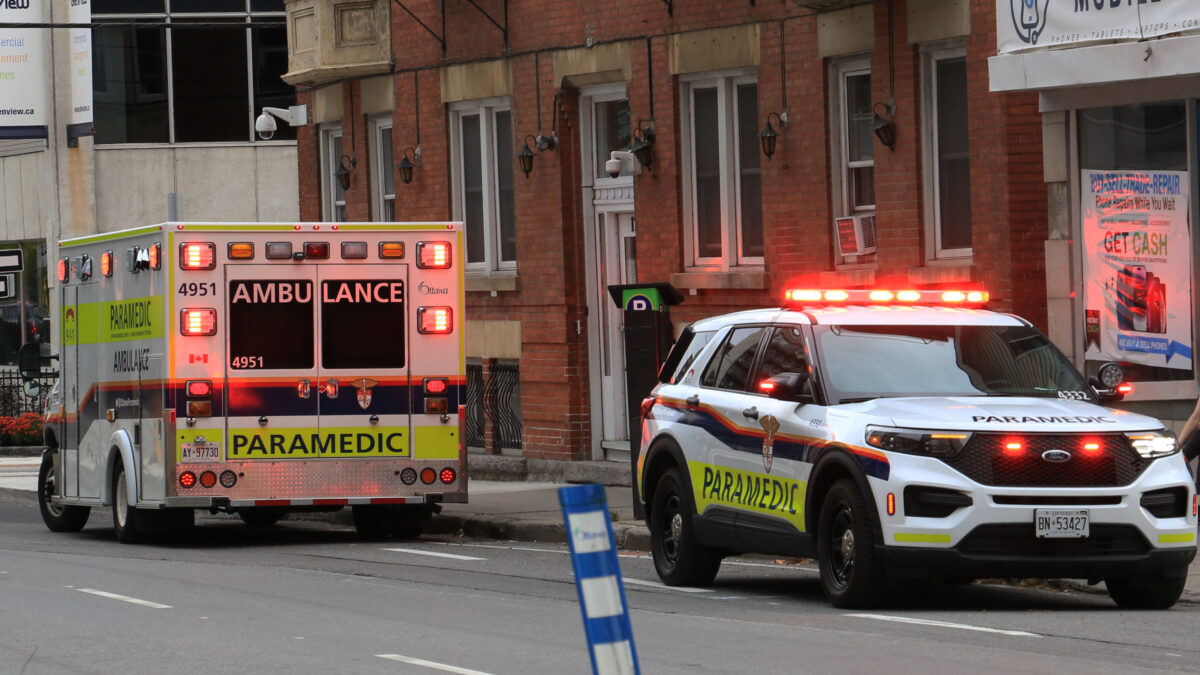Centretown will soon become the first neighbourhood in Ottawa to provide a non-police response to addiction and mental-health emergencies by having an alternative to 911 for people in crisis to call.
Organizations in Centretown said the service is essential for saving lives and instilling trust in the public.
“When experiencing a mental-health emergency, most people will call family or friends before they’ll try 911,” said Liz Wigfull, secretariat director at the Ottawa Guiding Council for Mental Health and Addiction. “911 is the last place they’re going to call.”
In the summer, City Council approved a project to create a dispatch line that would send mental-health professionals to emergencies rather than police. Centretown will be the pilot for this project scheduled to start next summer with a three-year, $3-million budget.
While this is the first service of its kind in Ottawa, alternative mental-health response teams have been successful in Toronto and in U.S. cities.
Community organizations in Centretown, who handle these kinds of situations, say the service is needed because people having mental-health emergencies are often agitated by sirens, authority figures and seeing people in uniform. All organizations said that mental-health crises simply aren’t a situation for whcih police are properly trained prompting the need for an alternative in which social workers, peers and other mental health and addiction experts handle these emergencies.
“This is not a social issue, it’s a by-product of social issues — the by-products of addiction, trauma, mental health.”
– Chris Johnson, head of Street Smarts Ottawa
“Approximately 60 per cent of mental-health and substance-use calls that they get from 911 are not appropriate for police response,” said Michelle Hurtubise, executive director of Centretown Community Health Centre.
Hurtubise said police mainly have two responses; taking the person in crisis to a hospital or taking them to jail. Neither help the person in distress access the services they need, she said.
“They can arrest somebody or take them in for creating a disturbance,” Hurtubise said. “A community response, though, has an opportunity to really sit and meet the person where they’re at.”
A community-based response gives individuals the chance to connect with a social worker, and work through crises. With the aim of the pilot being a focus on alternate approaches to crises, Hurtubise said it will help community organizations better address specific needs in a non-threatening environment.

Chris Johnson, head of Street Smarts Ottawa, said what his organization focuses on the most when helping people with mental health and addiction is relationship building so they can provide longterm support.
“The most important thing we’re out there doing is we’re creating relationships with the people on the streets so that when they’re ready to deal with their social issue, we can help,” said Johnson. “This is not a social issue, it’s a by-product of social issues — the by-products of addiction, trauma, mental health.”
As an addict himself, Johnson said that, when recovering from addiction and mental-health issues, there isn’t one method of rehabilitation. Those who respond to crises must be able to meet people where they’re at instead of forcing them into a recovery program for which they may not be ready, he said.
“Without the trust, people can opt not to even seek help until it goes completely out of hand when it could have been prevented in the first place.”
– Sahada Alolo, secretariat director at Ottawa Guiding Council for Mental Health and Addiction
“They need to be heard,” said Martine Dore, director of programs and services at Cornerstone Housing for Women. “They need to feel that they’re being supported, not criminalized. And I think that’s one of the biggest barriers to having police arrive for mental health calls is they feel like they’re being criminalized.”
Women also tend to find the presence of authority figures distressing in this kind of situation, said Dore. Further, many women in need of services have experienced trauma so seeing police and other people in uniform – who are predominantly men – can further traumatize them instead of helping.
“There’s not as many female officers on the streets as males,” Dore said. “Sometimes women are just more comfortable with another woman.”
The service is also essential for rebuilding trust in communities who have historically had a strained relationship with officials. Many racialized, Indigenous and LGBTQ+ communities have had negative experiences with authority figures in the past which impedes their ability to get help during an emergency.
“Without the trust, people can opt not to even seek help until it goes completely out of hand when it could have been prevented in the first place,” said Sahada Alolo, secretariat director at Ottawa Guiding Council for Mental Health and Addictions. “They’re not seeking the service because they don’t trust that they will receive the appropriate care that they deserve.”
Increasing representation of different groups in the alternate response team will be a key priority, said Alolo.
“One of the biggest barriers to having police arrive for mental health calls is they feel like they’re being criminalized.”
– Martine Dore, director of programs and services at Cornerstone Housing for Women
John Heckbert, executive director of Operation Come Home, said a key concern is that the pilot will be overwhelmed by calls. However, if this is the case, he said it would be a sign that an alternative response is needed.
“The pilot is proof of concept to show how this sort of thing can work,” he said. “Not to provide the holistic solution to all of the challenges in the community.”
With the pilot set to launch next year, Johnson said people will still have the ability to call police or paramedics for support if need be.
“People’s lives are at stake every single day when you’re working in this field,” he said. “When you’re dealing with trauma, addiction and mental health that person could give up, there’s all kinds of things that could happen if these programs don’t exist, if they don’t run properly.”
“The benefits from it would be saving people’s lives,” Johnson said.




